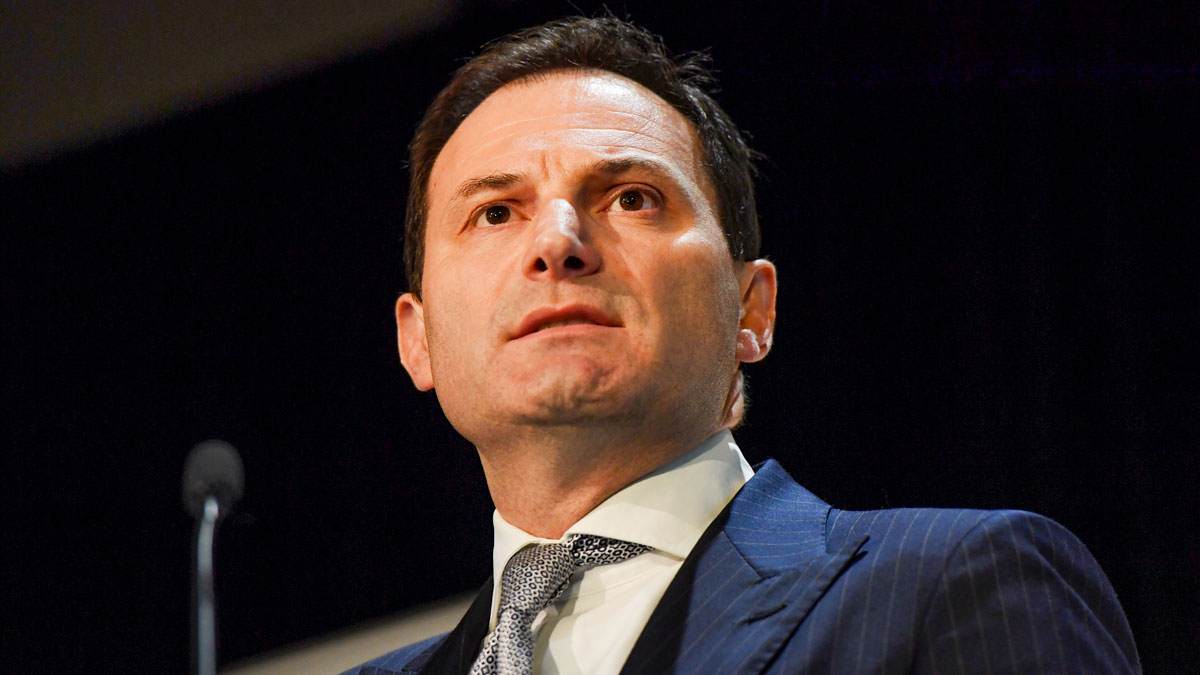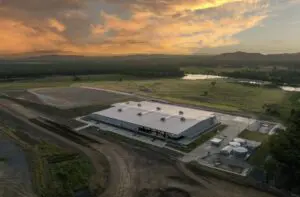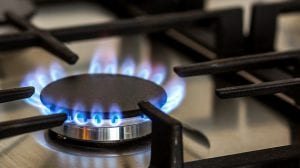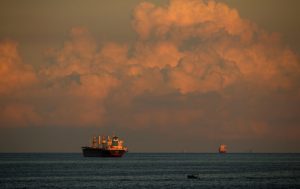Australia’s emerging green hydrogen industry could become cost competitive for the domestic market within the next few years, Origin Energy chief Frank Calabria told an analyst’s briefing on Wednesday,
Calabria said Origin was looking to enter the market for the local production of renewable hydrogen within the next few years, targeting the “mid-2020s”, with the further potential for renewable hydrogen exports before the end of the decade.
He suggested renewable hydrogen in Australia already has positive opportunities to act as a replacement fuel for heavy transport vehicles – such diesel-fuelled trucks in mining operations and buses used in public transport fleets, as well as a replacement feedstock in industrial processes like ammonia production.
Calabria stressed, however, that the emerging hydrogen market needed the support of governments to help the industry get off the ground.
“Projects today do require governments, customers and proponents to come together, and where we are really focusing – domestically at least – is the displacement in diesel utilisation,” Calabria said during the “strategy refresh” briefing, which outlined the company’s plans for renewables, storage and hydrogen, as well as new retail products as the company prepares for the closure of the Eraring power station.
“And you can see that through the fact that we’ve got the bus services collaborating with us, but also our existing relationship with Orica.”
Last month, Origin announced that it would team up with Orica to collaborate on the development of a new hub for hydrogen production in the Hunter Valley.
The hub, which is set to feature a 55MW electrolyser powered by renewable electricity, would produce zero emissions hydrogen for use by industry and the region’s heavy transport operators.
In addition to its partnership with Orica, which will examine the use of hydrogen in the production of ammonia at its Kooragang Island manufacturing facility, the Hunter Valley Hydrogen Hub will involve two bus fleet operators, in Red Bus Services and ComfortDelgro Australia, as well as bus manufacturing start-up ARCC.
“Clearly, everyone is very focused on how [hydrogen] becomes competitive under its various use cases over time,” Calabria said. “I think everyone understands it’s not competitive today. But there’s a lot going on that will, I think, change this landscape over the coming years.”
As with Australia’s other major electricity retailers, Origin Energy is reckoning with a major transformation that is currently underway in both domestic and international energy markets.
Origin is the operator of Australia’s largest coal-fired power station, the 2,880MW Eraring power station, which it announced last month will close in 2025, much earlier than originally planned.
Calabria said that the company was aiming to replace this capacity with large-scale battery storage and the creation of new virtual power plant projects.
This includes a 700MW big battery at the site of the Eraring power station and a target to establish a 2GW virtual power plant tapping into new rooftop solar, battery storage installations and the participation of customers in demand management mechanisms.
See also: Eraring battery to be built in two stages, as Origin targets 2GW virtual power plant









